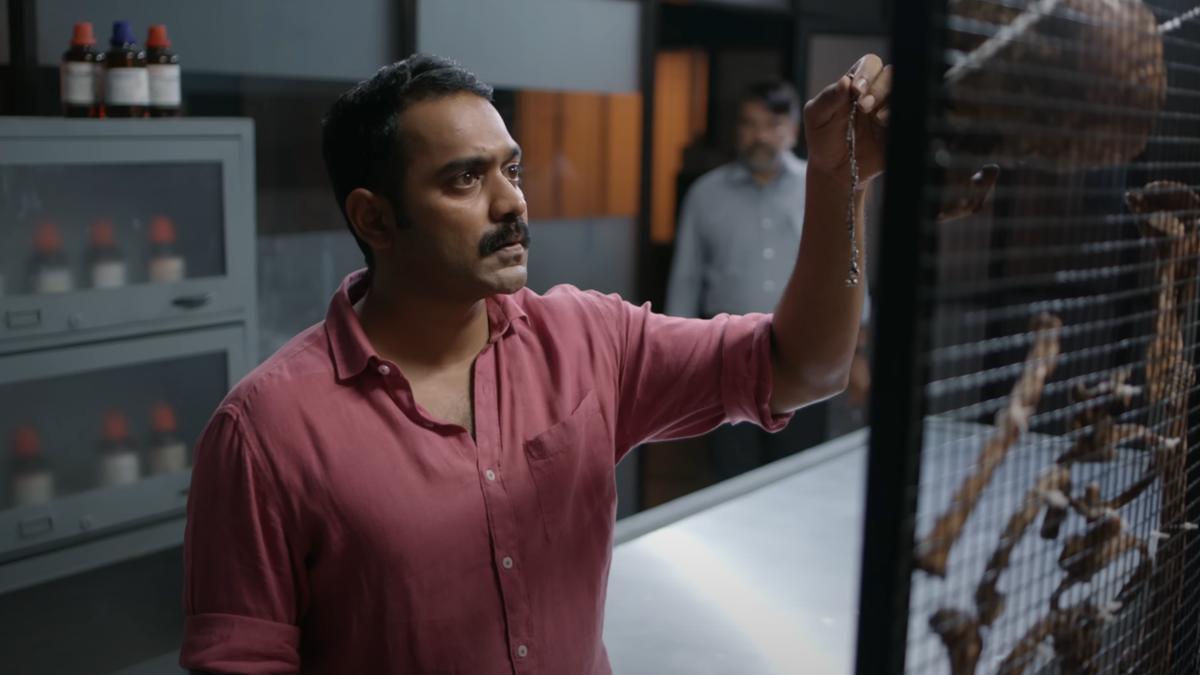
Chaotic and turbulent scenes plagued the Copa America final between Argentina and Colombia, delaying the start of the match by over 75 minutes and leading to numerous medical emergencies due to heat exhaustion. Fans were subjected to hours of waiting outside the venue, exacerbated by security personnel detaining some of Colombia’s supporters attempting to enter without tickets.
Tournament organizers were forced to halt entry into Hard Rock Stadium and postpone kick-off after a rush of fans clashed with security. This clamor to enter the grounds led to the gates being shut two hours before the scheduled start of the match. Once the situation calmed slightly, fans were gradually allowed into the venue, with many requiring medical attention for heat-related issues.
Shortly before the originally scheduled start time, gates were finally opened without ticket checks, allowing fans to flood into the stadium. An AFP reporter on-site observed several fans receiving emergency medical treatment from paramedics within the venue, documenting scenes of people staggering and needing assistance from friends before collapsing on the ground.
Miami-Dade Police released a statement acknowledging “several incidents” at the venue linked to unruly behavior as fans fought to gain entry. The statement urged for patience and adherence to the rules established by the officers, warning that disruptive conduct would lead to ejection or arrest under a zero-tolerance policy for such behavior.
Public discontent quickly mounted among fans, who criticized the organization’s handling of the event. An Argentine supporter expressed frustration, comparing their treatment to that of “animals,” and commenting on the severe lack of preparation for the substantial crowd of around 60,000. “There’s no organization at all,” said Cabarelli, an Argentine fan visibly distressed by the ordeal. “People are fainting and passing out. It felt dangerous, like being a cow in a slaughterhouse. I’m still shaking.”
Correspondently, Colombia’s supporters shared their dismay. David Fernandez from Gainesville, Florida, described the chaotic scene where fans rushed the gates multiple times after brief periods of controlled entry. “It was madness.
. People didn’t want to wait and were running over each other. The gates were opened and closed repeatedly, but every time they opened, it turned into a stampede,” Fernandez recounted.
The sweltering temperatures only fueled the agitation and exasperation among fans. Rosy Riales, also interviewed by AFP, highlighted the lack of timely gate openings as a significant factor in the chaos. “People were excited but frustrated. The temperature was high, and the delay just made everyone more impatient. They should have let us in sooner,” she noted.
A statement from Copa America organizers on social media platform X, formerly known as Twitter, pointed fingers at unticketed fans for causing the disorder. The message reminded the public that only those with tickets would be admitted once the gates were fully reopened. “Please be advised that people who do not have tickets will not be able to enter the stadium,” the statement read. “Only those who have purchased tickets will be able to enter once access is reopened.”
This tumultuous finale of the Copa America took place under heightened scrutiny of stadium security, following a brawl during the semi-final’s conclusion between Colombia and Uruguay. Uruguayan players had leaped into the stands to confront Colombian fans after claiming their family members had been threatened, which had marred the end of their 1-0 defeat.
As the situation continued to spiral, criticism of the event’s organization overshadowed what was meant to be a proud South American football showcase. The tournament’s climax drew unwanted parallels to venues notorious for disarray, like a recent comparison to FedEx Field by spectators witnessing the bedlam at Hard Rock Stadium.
The severity of the situations faced by fans at the Copa America final underscores an urgent need for improved event management and security protocols. Ensuring fan safety and efficient, organized entry processes must become a priority for future events to avoid such detrimental episodes that mar the spirit and enjoyment of sport.










